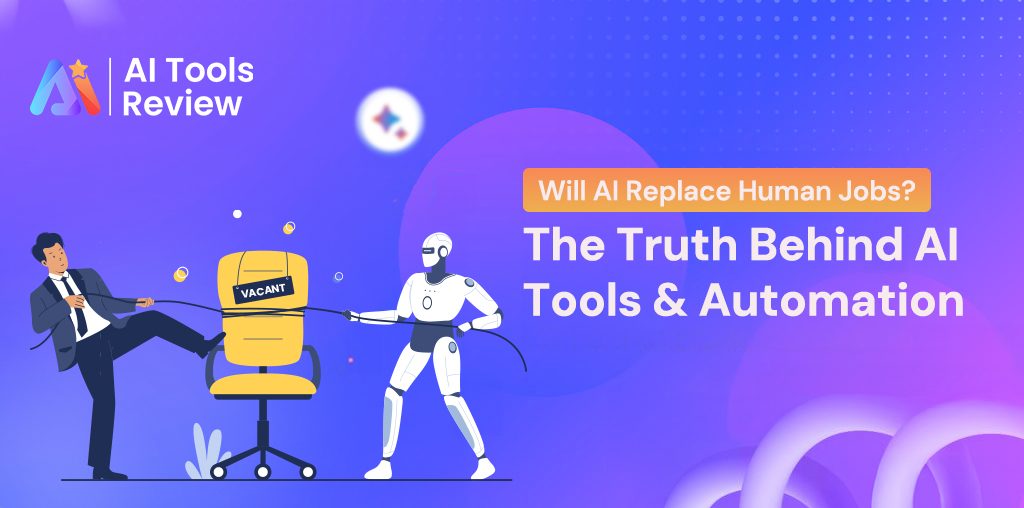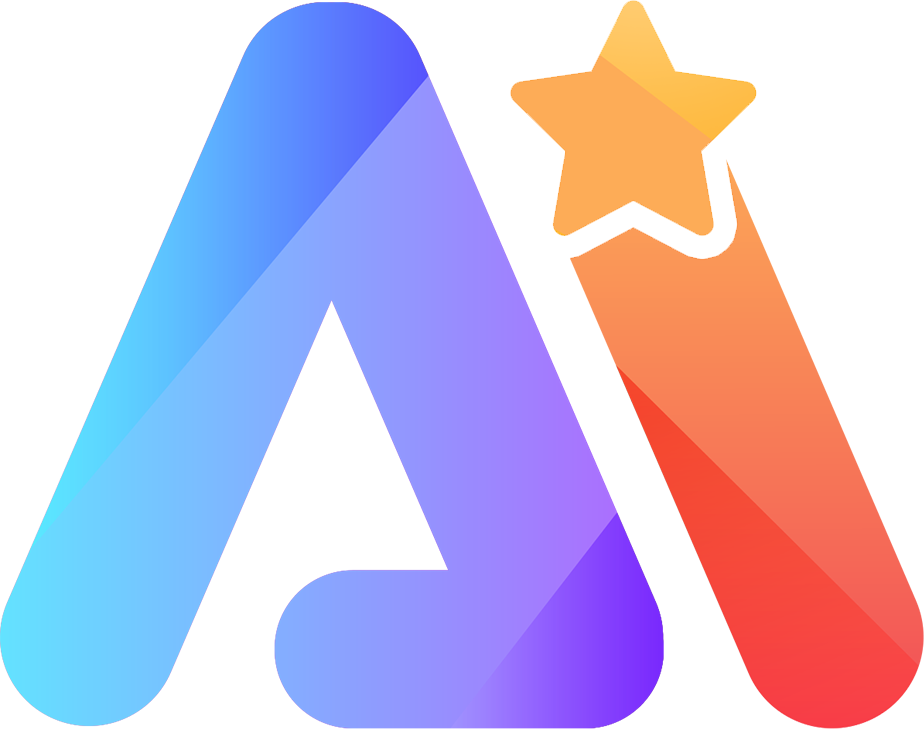Artificial Intelligence (AI) has revolutionized various industries, automating processes that were once manual and time-consuming. With the rapid advancement of AI tools and automation, concerns about AI replacing human jobs have gained significant attention. But is AI truly a threat to the workforce, or is it an opportunity for innovation and growth? In this blog, we will explore the impact of AI on employment and what the future holds for human workers.
The Role of AI in Automation
AI-powered automation is designed to improve efficiency, reduce errors, and enhance productivity. Industries such as manufacturing, customer service, healthcare, and finance have adopted AI-driven solutions to streamline operations. Technologies like chatbots, robotic process automation (RPA), and machine learning algorithms are transforming traditional workflows.
However, AI is not capable of replacing every job. While it excels at repetitive tasks, pattern recognition, and data analysis, it lacks the creativity, empathy, and critical thinking that humans bring to the table. Instead of eliminating jobs entirely, AI is reshaping roles and creating new opportunities.
Jobs at Risk Due to AI
While AI contributes to economic growth, certain job roles are more susceptible to automation. Some of the industries and positions that may experience a decline due to AI adoption include:
- Manufacturing – Assembly line workers may be replaced by robotic automation.
- Retail and Customer Service – AI chatbots and virtual assistants are handling customer inquiries.
- Data Entry & Administrative Roles – AI tools can process data faster and more accurately.
- Transportation – Self-driving technology threatens jobs in trucking, delivery services, and taxi industries.
- Accounting & Finance – AI-powered software automates bookkeeping and financial analysis tasks.
Jobs That AI Cannot Replace
Despite concerns about job displacement, AI lacks the human elements that make certain professions irreplaceable. Some of these jobs include:
- Creative Professions – Writers, artists, designers, and musicians rely on human imagination and emotion.
- Healthcare Professionals – Doctors, nurses, and therapists require empathy, intuition, and patient interaction.
- Skilled Trades – Plumbers, electricians, and construction workers depend on hands-on expertise.
- Education & Training – Teachers and trainers guide learning with emotional intelligence and personalized instruction.
- Human Resources & Leadership – AI can assist in recruitment, but decision-making, negotiation, and leadership require human judgment.
The Future of Work: AI and Human Collaboration
Rather than replacing human jobs, AI is likely to augment the workforce, allowing humans and machines to work together efficiently. The key to thriving in an AI-driven world is adaptability. Here’s how professionals can prepare for the future:
- Upskilling & Reskilling – Learning new skills such as AI programming, data analysis, and digital marketing can future-proof careers.
- Leveraging AI as a Tool – Instead of fearing AI, workers should embrace it as a tool to improve productivity and innovation.
- Focusing on Human Strengths – Critical thinking, creativity, problem-solving, and interpersonal skills will remain valuable assets in the job market.
Wrapping Up
AI is transforming the workforce, but it is not the end of human employment. While some jobs may be at risk, new roles will emerge, requiring individuals to adapt and embrace change. Rather than replacing humans, Artificial Intelligence (AI) serves as a powerful ally in boosting efficiency, driving innovation, and creating new opportunities. The future of work lies in collaboration between humans and machines, ensuring a more productive and technologically advanced society.
Are you prepared for the AI revolution? Stay ahead by embracing continuous learning and adapting to the ever-evolving digital landscape!


